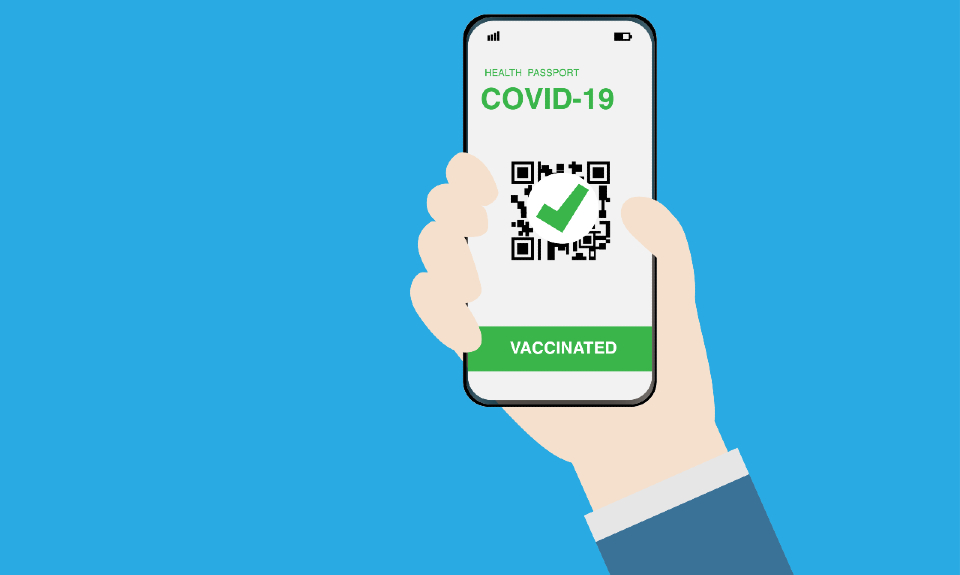Imogen is just one of many business owners in the UK anxiously waiting for extensive lifting of social restrictions. The UK government’s plan is that businesses and large events should use the NHS COVID Pass in “high-risk settings” such as venues with limited ventilation where people spend time in close proximity.
They will not be mandatory. But the hope is that use of the pass might convince more people to complete their course of vaccinations and create a safer environment for indoor events.
The pass is designed to show the user’s vaccination status or test results and is obtained through the NHS app or via the website. Customers would need to install the app on their phones and generate an individual barcode. They also have the option to download and print a hard copy certificate or order a paper version.
For their part, businesses need to download the NHS COVID Pass Verifier to scan a customer’s pass and check that they have been fully vaccinated, had a negative test, or have recovered from COVID-19. Here are some key points both customers and businesses should be aware of:
1. Data privacy
All data related to immunity status – including results of negative tests – is stored in NHS computers that are encrypted and secure and have been storing private health data for decades. When the business uses its verifier there is no sharing of personal information or data taking place. The verifier only checks the validity of the barcode.
2. Staff training and support
Businesses will need to have staff available to check customers’ immunity status. Training, technical support and updated processes could also be needed but there has been no official guidance...
Loughborough University design experts Dr Panagiotis Balatsoukas and Dr Gyuchan Thomas Jun, in collaboration with Brunel University's Dr Isabel Sassoon, discuss vaccine passports and what businesses need to know about them in The Conversation.
Read the full article here.


.jpg)